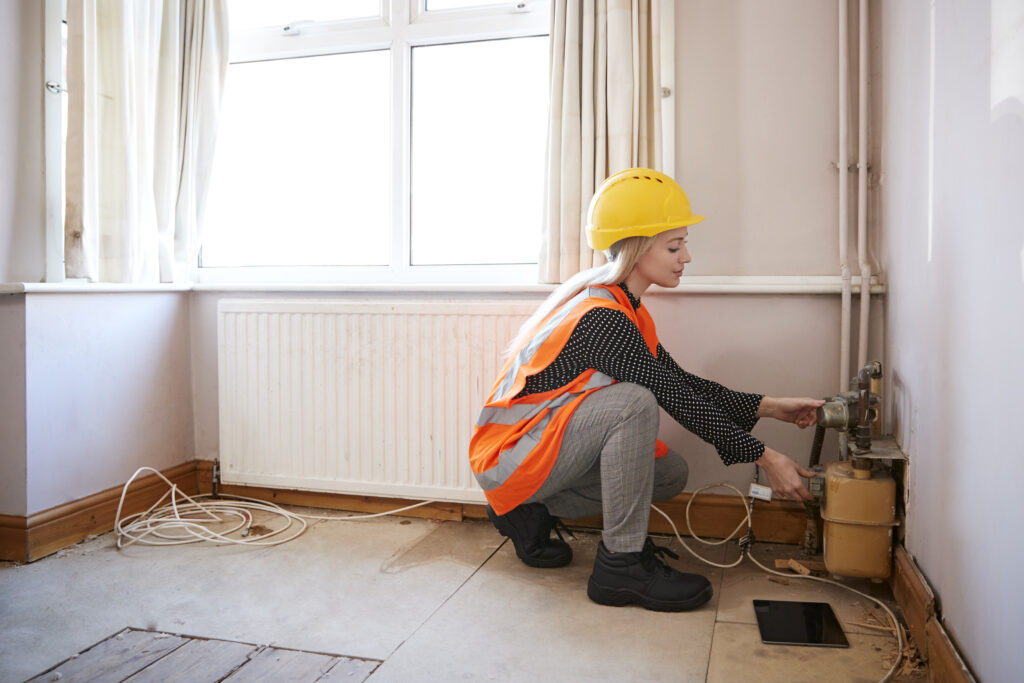
After entering into a real estate sales contract, you as a buyer will have a certain time frame during which you can get a home inspection. A home inspection is designed to provide buyers with a thorough picture of the condition the property is in. It is a protection that allows buyers to feel safe with the biggest purchase they will ever make: buying a home.
Examples of a Failed Inspection
It’s important to understand that there really isn’t a pass or fail with inspections, it is more of a make it or break it situation. Unless your specific loan requires one, an inspection is done strictly to protect the interests of you as a buyer. It allows you to back out of a contract if something that is unacceptable about the property’s condition comes up on the inspection.
There are several different reasons a buyer may not be satisfied after an inspection. Typically it is because there are major issues present with a house, such as a roof that is in disrepair, or a major application that needs to be replaced. Structural or foundation damage is another reason someone may be displeased with a contract.
Do Your Research
A home inspection will list every little problem with a house, from peeling caulk around a window to major flood damage. There are many things on an inspection that are not cause for alarm, but just information. Speak with your real estate professional about which items seem serious enough to be concerned. If something needs to be repaired or replaced, speak with a contractor to find out about how much that may cost. After gathering all this information you can decide what next steps you want to take.
Negotiate with the Seller
There are many ways to renegotiate a contract after receiving less than stellar news on an inspection. You can ask to change the purchase price of the property. This typically isn’t the most popular option because although it will lower your mortgage and down payment amount, it doesn’t give you the cash to fix the repair. Another option is to ask the seller to fix any issues before the house closes. Typically, the seller will need to get the repairs taken care of and show proof that it was remedied. This can require a second inspection to verify that the work was properly done. Another option is to ask for an allowance at closing to get the repair fixed yourself. This tends to be a popular option, but as a seller, you are risking that the repair may end up costing more than the allowance provided.
Back Out of Your Contract & Keep Looking
It is important to understand that the seller is not required to make any changes to the property. If they refuse to negotiate with you, it may be wise to step away from the home. It may be very difficult to back out of a sales contract and start the house hunting process all over again. However, think of how difficult and expensive it will be to purchase a home that has a serious problem that needs to be fixed. If you cannot come to an agreement with the seller, backing out of the contract may truly be in your best favor.
A home inspection is admittedly one of the least exciting parts of the home purchase process. It is nerve wracking but it can also prevent a lot of stress and anxiety in the form of major expensive repairs being revealed after you already own a property. It is a small investment to make to give you peace of mind and confidence in the property you are purchasing. Find a Loan Originator to help walk you through the process.